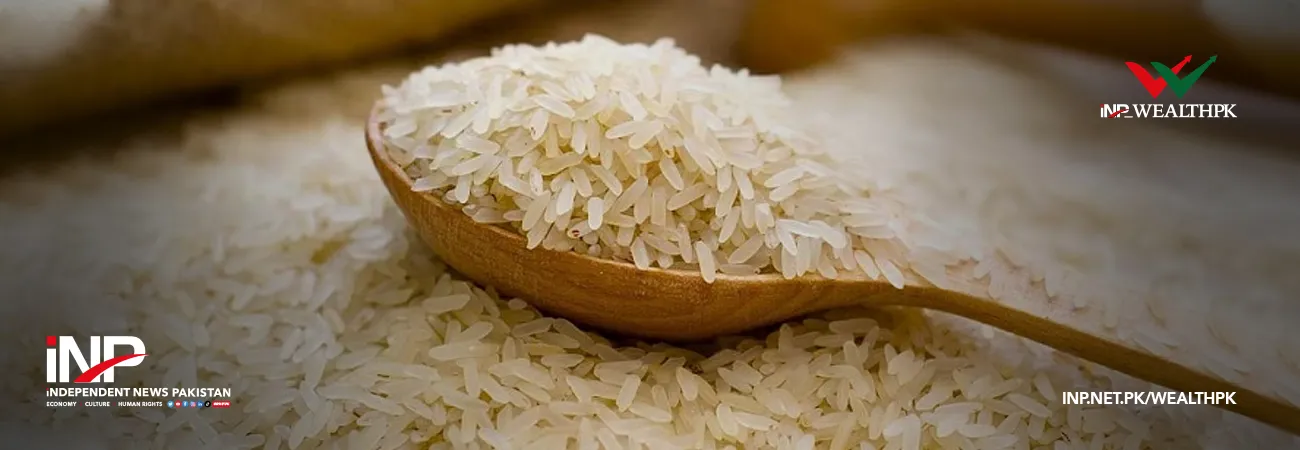INP-WealthPk
The local industrialists and businessmen have asked the government to take concrete measures to reduce its dependence on foreign loans and save the rupee from further depreciation. The current expenses of the government have reached Rs1.84 trillion, of which Rs954 billion has been used for domestic and foreign debt servicing. Faheemur Rehman Saigol, the chairman of the Pakistan Industrial and Traders Associations Front (PIAF), has asked the Ministry of Finance and the State Bank of Pakistan to make strenuous efforts to save the rupee from further depreciation.
“All that good news of bailout forex inflows from international financial institutions as well as from Saudi Arabia and China can do is to help the rupee make some momentary gains,” he said. The PIAF chairman said that debt servicing appeared to be the biggest problem for the government, compelling the country to borrow even more money to pay off its existing debts. He said that low tax revenues against large government expenditures on unfeasible projects created the perfect recipe for economic mismanagement with a tax revenue gap of 10%, which was not surprising.
He said that during the last two years, the country witnessed the worst unemployment, high inflation and negative growth. He added that the external debt of the country reached Rs62.5 trillion. At the start of the year, the International Monetary Fund had projected a minor decline in the country’s debt. The government’s spending was also expected to decrease this year, but it did not happen. The country was still reeling from the effects of the Ukraine crisis when it was hit by the worst torrential floods in its history, triggering an economic crisis of dystopian proportions.
Prime Minister Shehbaz Sharif has already taken to the international stage to request debt relief from major creditors but to no avail. With the appreciation of the US dollar against many currencies both in the developed world and emerging markets, the price of imported goods is higher than ever. “The taxpayers’ money that we do collect is immediately diverted to foreign debt-servicing, leaving no funds for public goods. In the meantime, we continue to rely on external borrowing as opposed to investing in domestic institutions that could provide us with a safety valve during times like these,” said Faheemur Rehman Saigol.
He said that Pakistan’s medium-term debt repayment capacity was weakening due to the government’s absolute dependence on loans. He added that due to the high external debts and liabilities stocks, its servicing surged to a massive $3.07 billion in the first quarter of the current fiscal, showing an increase of 25.36% annually. Rehman Saigol said that the government would have to borrow on a large scale during the current year to meet the huge gap of the current account deficit.
If the quarterly debt servicing maintains this trend and magnitude, the figure can reach $14 billion, limiting the SBP reserves to $7.3 billion. “With a view to contain the current account deficit and improve foreign exchange reserves, the government has placed restrictions on import which gave it some relief on the external front,” he said, adding that the strategy adversely impacted economic growth. He said that the decline in imports affected badly business activities in the country.
Credit : Independent News Pakistan-WealthPk













